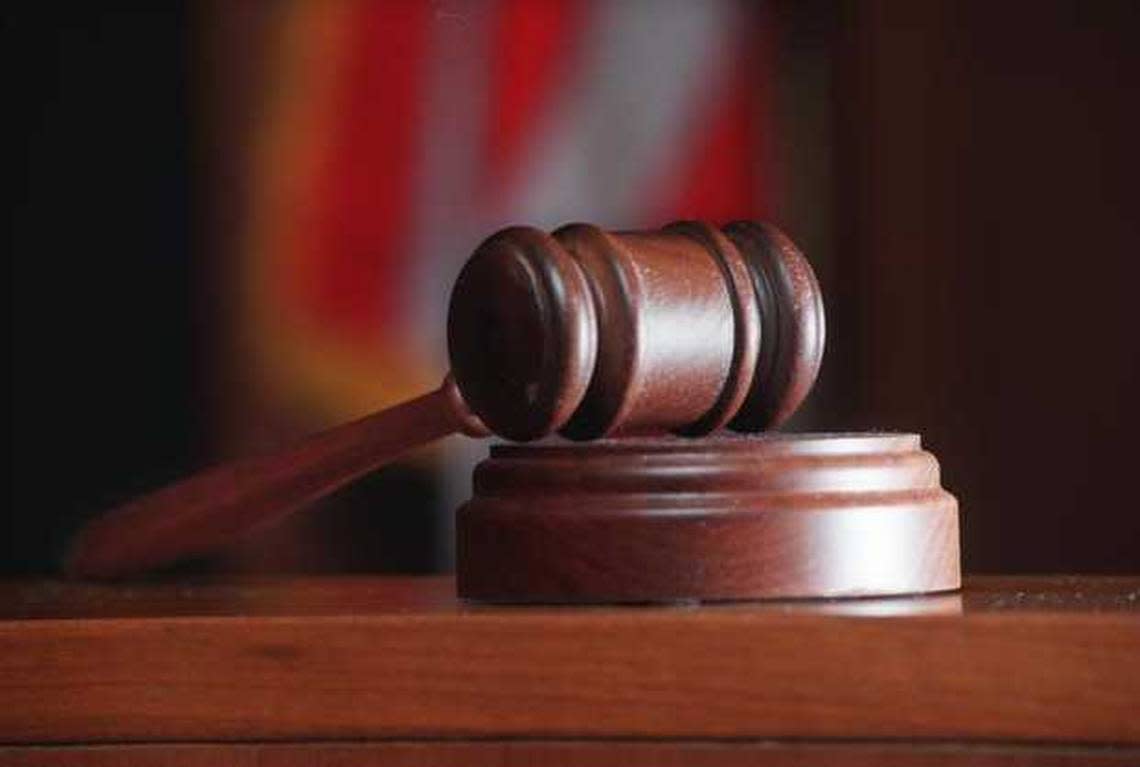Recent Ky. Supreme Court ruling on blood tests could call into question DUI cases

A recent ruling by the Kentucky Supreme Court could complicate the way DUI cases are prosecuted and call current and previous DUI cases into question.
The ruling affirmed the decision of the state appeals court to overturn the DUI conviction of a man whose refusal to take a blood test without a warrant was used against him at trial, according to the opinion. The court found that, based on a 2016 decision by the U.S. Supreme Court, a warrant is required for a blood test in a DUI case and that refusal to take a blood test without a warrant cannot be used against a person.
Fred Peters, a Lexington criminal defense lawyer with extensive experience defending DUI cases, said Friday’s state Supreme Court ruling upends DUI law in Kentucky and will have far-reaching impacts.
“All current and past cases could be subject to reversal,” Peters said.
After the U.S. Supreme Court ruled in 2016 that blood tests for DUIs required search warrants, there was confusion in Kentucky’s trial courts on how that case could be applied in Kentucky, Peters said.
“Many trial courts said (the U.S. Supreme Court ruling) did not apply in Kentucky,” Peters said.
The state Supreme Court ruling now makes it clear: Warrants are required for blood tests and a refusal to submit to a blood test cannot be used against a defendant.
Peters said further complicating the state Supreme Court ruling is a Kentucky law that says police cannot seek a warrant for a blood test unless there is a death or serious injury. Attempts to change the law to allow police to get a warrant for a blood test for a DUI under any circumstances have been unsuccessful.
But that may change soon.
“In the past week I have heard several legislators who may sponsor legislation to change the law,” Peters said.
Kenton County Attorney Stacy Tapke, who is also president of the Kentucky County Attorney’s Association, said in a statement Thursday that the recent Kentucky Supreme Court decision reinforces why the association has been pushing Kentucky lawmakers to amend state laws to allow for warrants to be obtained for blood tests in all DUI cases.
“We hope that Kentucky will soon join the majority of other states, including all the states bordering Kentucky, by authorizing expedited search warrants for blood in all DUI cases, not just those involving death or serious physical injury,” Tapke said.
The Kentucky County Attorney’s Association is also monitoring whether the Kentucky Attorney General’s Office will file a motion for reconsideration or seek a review by the U.S. Supreme Court.
“We have heard from prosecutors throughout Kentucky on this important decision and its ramifications,” said Elizabeth Kuhn, director of communications for Attorney General Daniel Cameron. “The office intends to file a petition for rehearing with the Kentucky Supreme Court.”
If the law in Kentucky changed to allow warrants for blood tests in all driving under the influence cases, it would make it easier to detect those driving under the influence of drugs in addition to or instead of alcohol.
“Someone driving under the influence of drugs other than alcohol (or combination of both alcohol and drugs) is equally dangerous to someone driving under the influence of alcohol alone,” Tapke said in the statement. “Prosecutors need to have every tool in the toolbox to keep drugged-drivers off our roadways for the safety of our citizens. Those driving under the influence of illicit or prescription drugs should not receive any breaks just because they are choosing to drive under the influence of drugs rather than alcohol.”
Despite the complications brought on by the recent ruling, DUI cases will continue to be investigated and prosecuted until a solution is found.
“Although disappointed by the decision, law enforcement and prosecutors will not be deterred in our united efforts to aggressively combat drugged-driving in Kentucky,” Tapke said in the statement. “We will continue to seek search warrants and pursue convictions in these cases. No drugged-driver will be getting a free pass on our watch.”

